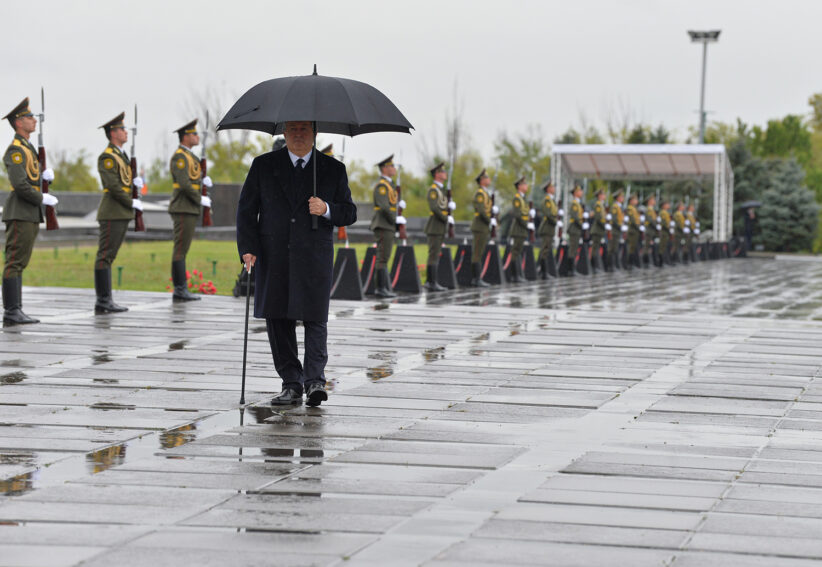Armenia’s President Armen Sarkissian said on Sunday that he plans to resign from his post, saying the position doesn’t give him enough power to influence events in the country. Sarkissian, president since 2018, was at the center of domestic political crises that emerged last year after the Second Karabakh War.
Armenia became a fully parliamentary republic in 2018, following a constitutional referendum that took place in December 2015. Since then, the presidential powers have been significantly curtailed and the role of Armenia’s president is largely ceremonial with the prime minister holding political power.
Sarkissian was born in 1953 in Yerevan and was prime minister from 1996 to 1997. From 1998 to 2018, he served as Armenia’s Ambassador to the U.K.
What’s Next?
- Snap presidential elections must be held not earlier than 25 and no later than 35 days following the resignation of the president.
- In the event of the resignation or death of the president, or in the event the president is unable to perform his or her duties, his or her powers are exercised by the Speaker of the National Assembly, as Armenia’s one-chamber parliament is officially known. That position is currently held by Alen Simonyan.
- The president is elected by the National Assembly.
- A presidential candidate must be nominated by at least one quarter of the total number of parliamentary deputies, and must be nominated five days after the president’s resignation.
- Judges, prosecutors, officers of the country’s Investigative Committee, Anti-Corruption Committee, police force, national security, law enforcement agency, rescue, tax, customs, penitentiary services, and servicemen may not be nominated.
- The candidate who receives at least three quarters of the total number of votes of the deputies is elected president.
- If no candidate receives at least three quarters of the votes, a second round of elections is held, in which all the candidates who participated in the first round can participate.
- In the second round, the candidate who receives at least three-fifths of the votes of the deputies is elected president.
- If no candidate receives three-fifths of the votes, a third round of elections is held.
- The two candidates who receive the most votes in the second round can participate in the third round.
- The candidate who receives the majority of votes is elected president.
- If the number of votes is equal and no candidate receives a majority of votes, a new election must be held within ten days.
A president is elected for a term of seven years.
















